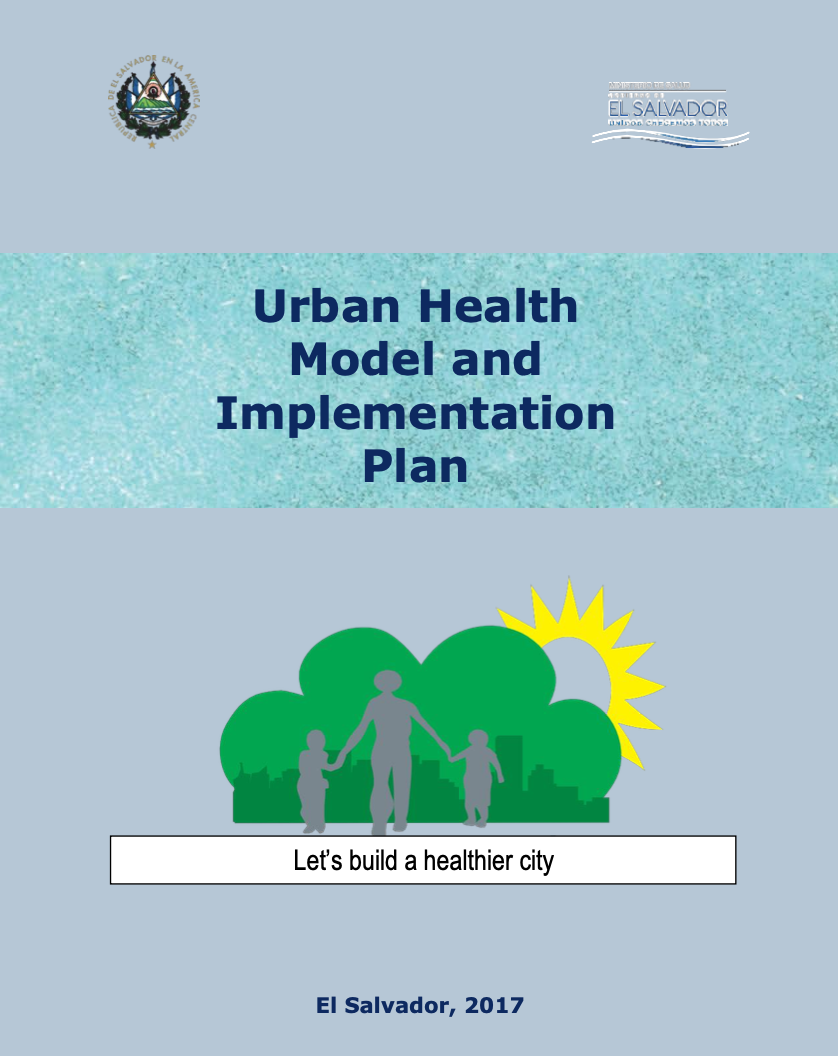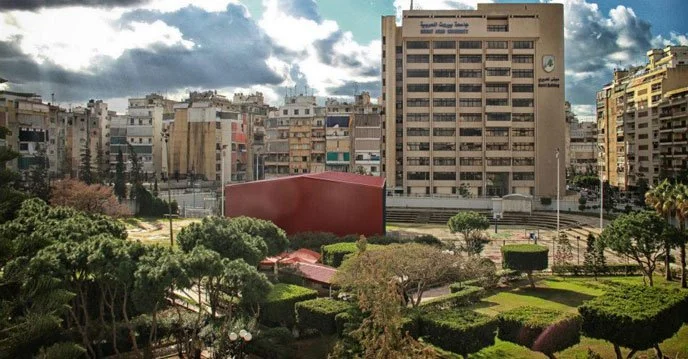
We co-create knowledge with and for cities
on urban systemic health as a
global common good
Cases
for which a systemic health approach has been applied
International Center for Ecological Civilization
Project plan for the City of Xiamen, China
To demonstrate how a systems approach to urban health and wellbeing could be implemented. The project had to fulfill several goals simultaneously: be a flagship and incubator project by providing the possibility to trigger multiple entrepreneurial spring-offs, demonstrate climate friendly and green technology innovations, operate in a peri-urban area, be environmentally sustainable and self-sufficient, be aesthetically appealing, create employment and attract international expertise and talent, and facilitate transdisciplinary knowledge exchange.
The Guangzhou Urban Innovation Database
Guangzhou, China
Urban innovation with a systems approach
The aim of the Guangzhou Award is to recognize innovation in improving social, economic and environmental sustainability and good urban governance in cities and regions and, in so doing, to advance the prosperity and quality of life of their citizens. A holistic systems approach has been an important criteria for identifing award winning innovations.
City examples. Application of the WHO urban health capacity assessment tool
City examples illustrate the breadth of urban health goals that have already been used to improve urban health goals through the use of the Urban health capacities and assessment resource kit. They describe the practical experiences of particular cities that have used these tools to support their efforts to improve urban health.
Suva, Fiji
Gwangju Dong-Gu, Republic of Korea
London, UK
Utrecht, NL
Kwekwe, Zimbabwe
Lira, Uganda
Murg im Wandel
Murg in transition
Murg im Wandel is a transition town initiative , that started in 2012, in the town of Murg, Germany.
The goal of the initiative is to transition towards a high quality of life on the basis of high energy sufficiency, to strengthen social cohesion and resilience, initiate sustainability projects and network with other local organisations and individuals.
The initiative has established local working groups for housing, energy, mobility, food. In 2017 they carried out a systems workshop with members of the city council, citizens and experts to identify actions for improving urban health and wellbeing with desirable co-benefits.
The Urban Health Model in
San Salvador, El Salvador
An example of how the systems approach to urban health can be used as a Health in All Policies project
by Claudia Marroquín (2018)
Since August 2016, the ISC Regional Office for Latin America and the Caribbean (ROLAC) began to introduce this program in the region to diagnose the urban health situation in El Salvador. Taking into account the work that the Ministry of Health started in 2010 with the Health Reform of El Salvador. In this event it was diagnosed that the main obstacle to develop an Urban Health program was the lack of intersectionality between the components that could contribute to the development of Urban Health in El Salvador.
With this result, ISC ROLAC in collaboration with the Ministry of Health, organized the Salvadoran Urban Health Working Group represented by: Ministry of Health, Ministry of the Interior, Ministry of Environment and Natural Resources, Ministry of Education, Ministry of Culture, Ministry of Justice and Public Safety, Ministry of Public Works, Vice Ministry of Science and Technology, Vice Ministry of Transportation, Vice Ministry of Housing and Urban Development, Council of Mayors and Planning Office of the Metropolitan Area of San Salvador, National Institute of Youth, National Institute of Sports, National University of El Salvador.
The urban health model began to have impact in the metropolitan area of El Salvador and it underwent a transition from an idea of integration to become a project with a set of methodologies that has been implemented in the municipalities with the integrated work of the Ministry of Health, Medicus Mundi, OPS/OMS, Mayors, and the urban health working group. The Model has been presented in Xiamen, December-2017; Kuala Lumpur, February-2018; Cuba, April-2018; Guatemala, May-2018; Lisbon, September 2018 and Xiamen, October-2018.
Community rooftop garden
Guanren community, Siming, Xiamen
With support of the Urban Health and Wellbeing programme, Guanren community in Xiamen, established a community rooftop garden, mainly for urban health education and demonstration purposes. A systems approach was applied to identify incentives, roles, rights and responsibilities of the community members for a sustainable governance of the rooftop garden.
Reducing noise pollution in a district of Beirut, Lebanon
Coming soon
Co-benefits of urban green space in Guangzhou, China
Coming soon









